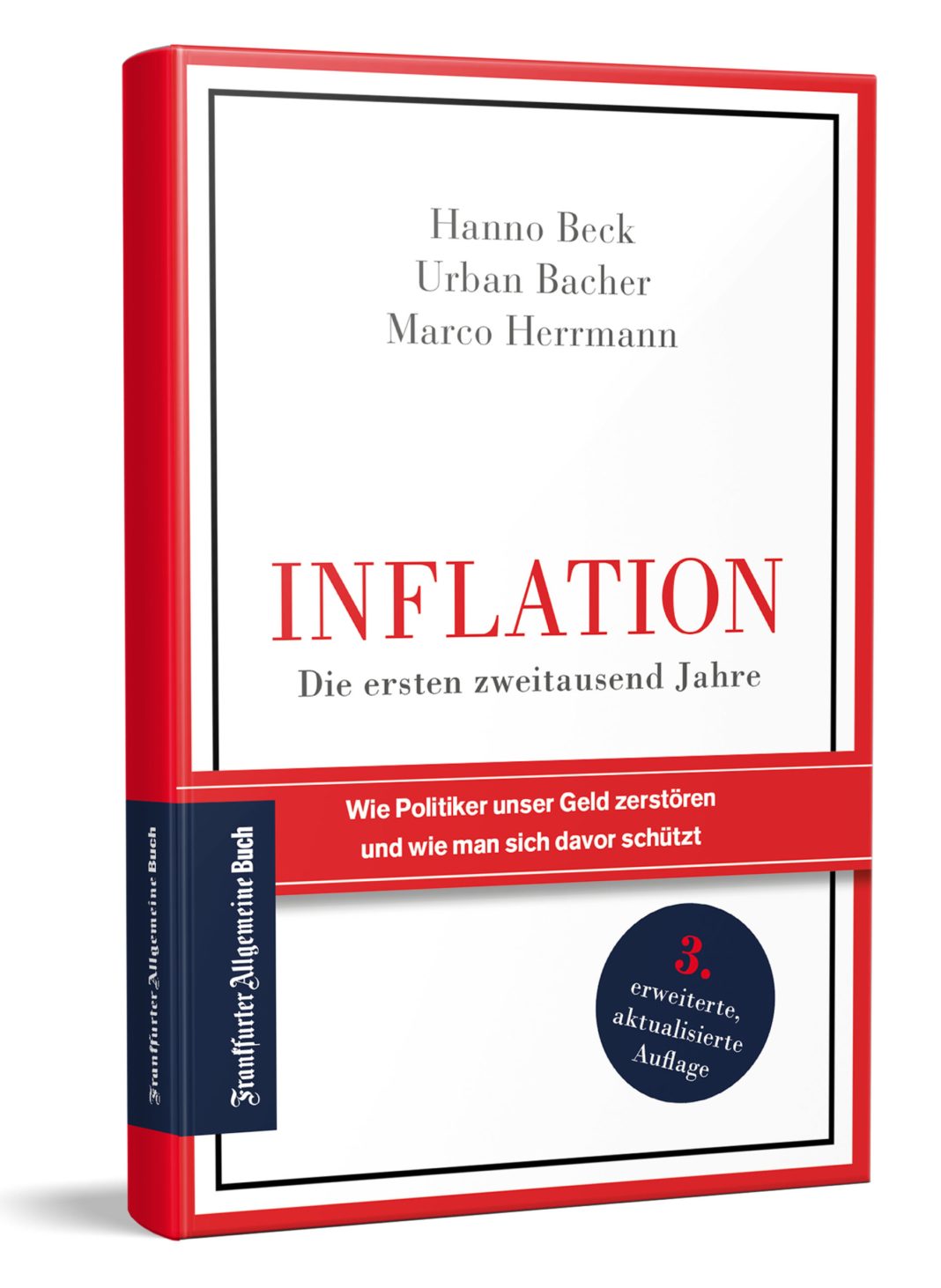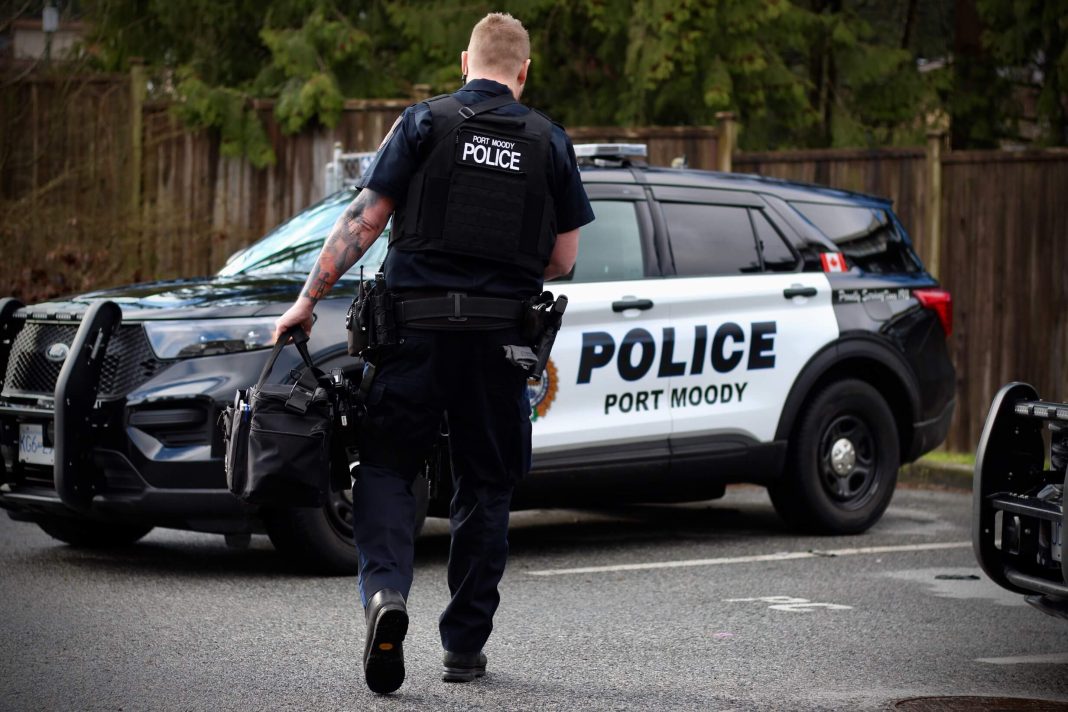
A recent incident on an easyJet flight has raised concerns about passenger safety and the potential dangers of alcohol consumption on board. The flight, which was traveling from Manchester, UK, to Hurghada, Egypt, was forced to make an emergency landing in Munich, Germany, after a passenger allegedly attempted to storm the cockpit while intoxicated.
Passenger safety is always a top priority for airlines, and incidents like this highlight the need for vigilant security measures and responsible alcohol consumption policies. While alcohol is often served on flights, it is important for passengers to drink responsibly and be aware of their behavior.
According to reports, the alleged drunk passenger became disruptive and aggressive, attempting to force his way into the cockpit. The crew quickly responded, following established protocols for handling such situations. The pilot made the decision to divert the flight to Munich, where the passenger was removed from the aircraft by local authorities.
This incident serves as a reminder of the potential risks associated with alcohol consumption on flights. While many airlines have policies in place to limit alcohol consumption and prevent excessive drinking, incidents still occur. Passengers who become intoxicated can become a threat to themselves and others on board, compromising the safety of the entire flight.
In recent years, there have been several high-profile incidents involving drunk passengers on flights. These incidents have prompted airlines to review their policies and procedures for dealing with intoxicated passengers. Some airlines have implemented stricter alcohol limits, while others have called for industry-wide regulations to address the issue.
In a study conducted by the International Air Transport Association (IATA), it was found that alcohol was a contributing factor in nearly one-third of all air rage incidents. This statistic underscores the need for airlines to take proactive measures to prevent excessive alcohol consumption on flights.
In response to these incidents, some airlines have taken steps to address the issue. For example, British Airways has reduced the number of alcoholic drinks served on short-haul flights and increased training for cabin crew to handle disruptive passengers. Other airlines have implemented alcohol testing for passengers prior to boarding.
However, there is still a debate about the effectiveness of these measures. Some argue that limiting alcohol consumption on flights is an infringement on passengers’ rights and that it is the responsibility of individuals to moderate their own behavior. Others believe that stricter regulations are necessary to ensure the safety and comfort of all passengers.
In conclusion, the recent incident on an easyJet flight serves as a stark reminder of the potential dangers of alcohol consumption on flights. It highlights the need for airlines to review and strengthen their policies and procedures for dealing with intoxicated passengers. While there are differing opinions on how to address this issue, it is clear that passenger safety should always be the top priority. By promoting responsible alcohol consumption and implementing effective measures to prevent excessive drinking, airlines can help ensure a safe and enjoyable travel experience for all passengers.


